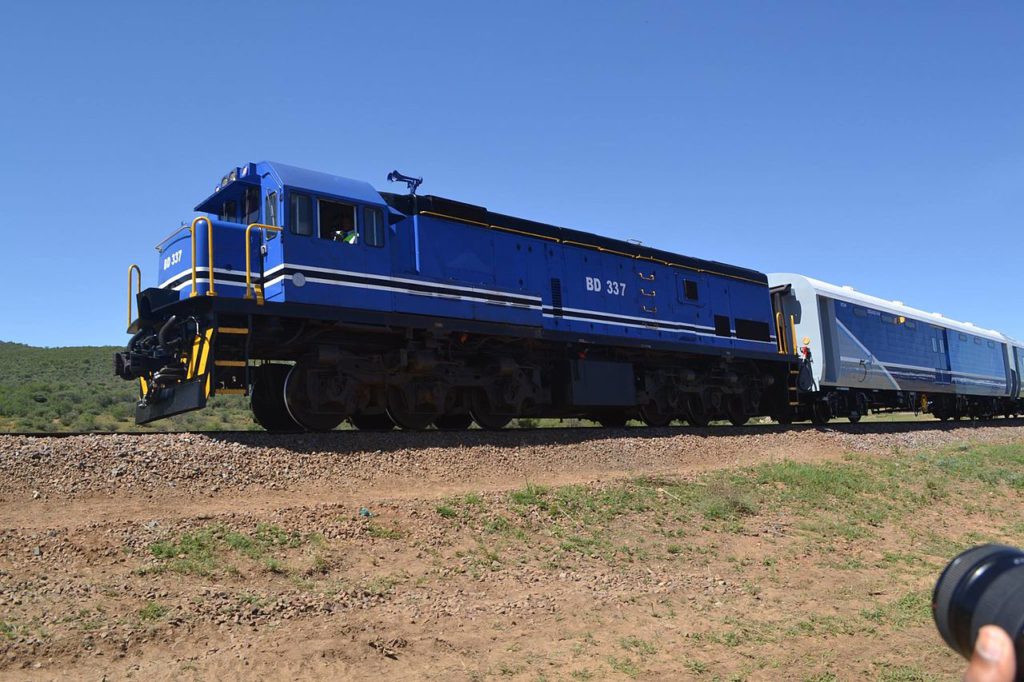Botswana eyes new export route to exploit huge coal resource

Three southern African nations signed a deal to proceed with a rail and port project to help land-locked Botswana export its massive coal reserves through Mozambique, although they still need to find the money to make it happen.
The African Development Bank has agreed to finance a feasibility study for the project, at a cost of about $4 million, Mateus Magala, Mozambique’s transport and communications minister, said Friday at a signing ceremony broadcast over state television.
The project involves upgrading existing rail lines running through the two countries and Zimbabwe, and building new connections. It also includes a new deep-water port south of Mozambique’s capital, Maputo, near a national park home to elephants and cheetahs.
Stranded asset
Botswana has around 212 billion tons of coal reserves, according to the World Energy Council, and is eager to find ways to get it to market before the world’s efforts to transition to renewable energy renders it a stranded asset.
The new port planned at Techobanine would cost as much as $1.5 billion according to a 2018 estimate, Magala said. It would also export coal from neighboring South Africa and Eswatini, as well as other commodities, he said by text message.
Mozambique’s a good option because South Africa’s ports are clogged, Eric Molale, Botswana’s transport and public works minister, said in comment streamed over the internet on Friday.
The plan — which includes a 1,700 kilometer (1,060 miles) rail connection and has been mooted for decades without gaining much traction — faces major hurdles. Financing for new coal projects has become increasingly scarce, as banks shun the dirtiest fossil fuel.
In Mozambique, Ncondezi Energy Ltd. had planned a 300 megawatt coal power plant in the center of the country. It signed a construction contract with China Machinery Engineering Corp. in September 2021, hoping Chinese financing would follow. It didn’t.
The same month, Chinese President Xi Jinping announced his government would no longer fund foreign coal projects. And after months of uncertainty, Ncondezi ultimately dropped the coal project and reinvented itself as a solar power developer. In 2023, it changed it’s name to Solgenics Ltd.
(By Borges Nhamire, Matthew Hill and Mbongeni Mguni)
{{ commodity.name }}
{{ post.title }}
{{ post.date }}




Comments